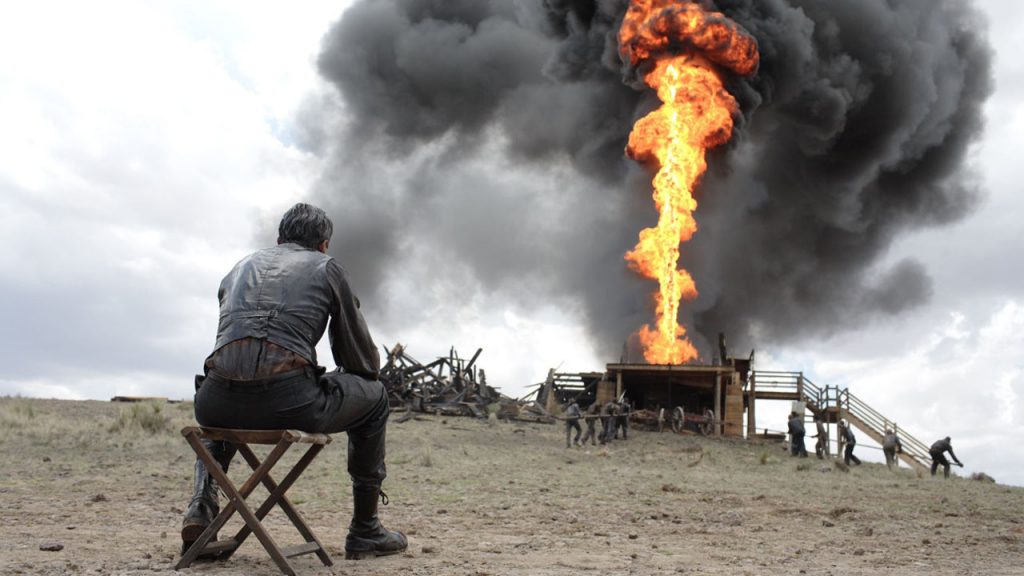Yom Kippur is coming up which means it’s time for my annual sermon on forgiveness. This year I’m going to tell you a less-known fact about the tradition and assert something that appears on the surface sacrilegious but hear me out.
You do not have to forgive.
The commandment is to ask for forgiveness. Not to provide it.
And you have to ask the person, not just God.
I got into a debate about this with my mother (which I won and why I’m telling you, so thank you for holding space for my gloating). She claimed Yom Kippur is between you and God. That if you ask God for forgiveness, then you’re absolved.
Wrong.
That’s what Catholics do (Catholics, please chime in if I got this wrong).
Maimonides, who is the OG commentator on Jewish texts from 1200AD, said that “forgiveness is much less important than the repair work to which the person who caused harm is obligated.”
I consulted a more modern Rabbi, Rabbi Wolpe of Sinai Temple in LA, who is not important for you to know other than he is helping me win this debate with my mom.
He says, “If you have caused offense or harm, Yom Kippur does not magically buy you absolution. But the traditions surrounding the day do offer guidance for seeking forgiveness. First, you must apologize to those you’ve hurt, sincerely, as many as three times. The apology should not come weighed down with justification, but rather should acknowledge the other person’s hurt and express sincere regret.”
I WIN.
(bolding and italics mine)
Rabbi Wolpe’s take reminded me why I was a card-carrying atheist for most of my adolescence. Not once in my 100 years of Hebrew school and obligatory Kol Nidre services did I receive a sincere apology from anyone on Yom Kippur. Ever.
Have I gotten mass texts? Yes. Have I gotten blanket meaningless, “I apologize for anything I did or didn’t know I did to harm you,” statements? Yup. Did those count? Absolutely not.
Forgiveness demands admission. Ownership of behavior. You cannot say, “Hey God, sorry John is mad at me.” You have to say, “Hey, God, I punched John in the face. I should not have done that. I know better. Now, I’m going to go talk to John. Your help would be appreciated.” And most of the time God will be like, “Nah, bruh, you’re on your own. I didn’t punch him, you did.”
And then you have to actually go to John and say, “John, I apologize for punching you in the face.”
What John says or does next is not up to you. And frankly, it is none of your business. You’ve done your part. John is under NO obligation to forgive you. John can hate you for the rest of his life if he wants. Your job, your work (not just on Yom Kippur but always forever every single day), is to own your misdeeds. Own your actions. Own your behavior, regardless of your intentions.
It is completely possible that you punched John in the face because you were playing pickleball and fell over a rogue tree branch on the court and your fist landed directly on his face. It’s not your “fault,” but you did it. It’s also completely possible, that John was being a jerk to your best friend and you felt warranted to punch him face for being such an a-hole.
Doesn’t matter why it happened. Matters that it happened and that you take responsibility for your role in it.
If you’re surrounded by people who do not apologize, prefer to deflect or blame shift, or say things like “I’m sorry you feel that way,” or “I’m sorry your feelings were hurt,” then RUN. Get out. FAST. 🚩🚩 (See this book as to why).
Own your actions, own your behavior, own the harm you contributed to or caused whether you intended to or not.
To that end: if I wrote, said, or published something that caused you harm, I am sorry. If I continue to make the same mistake unwittingly and you’ve pointed it out 17x I am sorry (and please don’t give up – point it out again). If I performed allyship and didn’t back it with sufficient action, I am sorry.
If you’re offended, I am not sorry. Offense is ok. Harm is not.
I try to address each email I get, especially ones indicating that I was misinformed or inaccurate (not often, but it happens, I’m human). I take responsibility for that. Keep educating me and holding me accountable. I will do the same.
Yom Kippur starts this weekend. Whether you’re Jewish or not, it’s a good time to reflect on your own behavior. Your actions, not your intentions. Divorce the two to see what you have done. And ask yourself who deserves your apology.
Self-awareness, self-reflection, and accountability are critical for this exercise and I believe one of the only ways we get to Tikun Olam (repairing the world). 🌏
Gmar Chatima Tova #iykyk
To repair,
Margo




